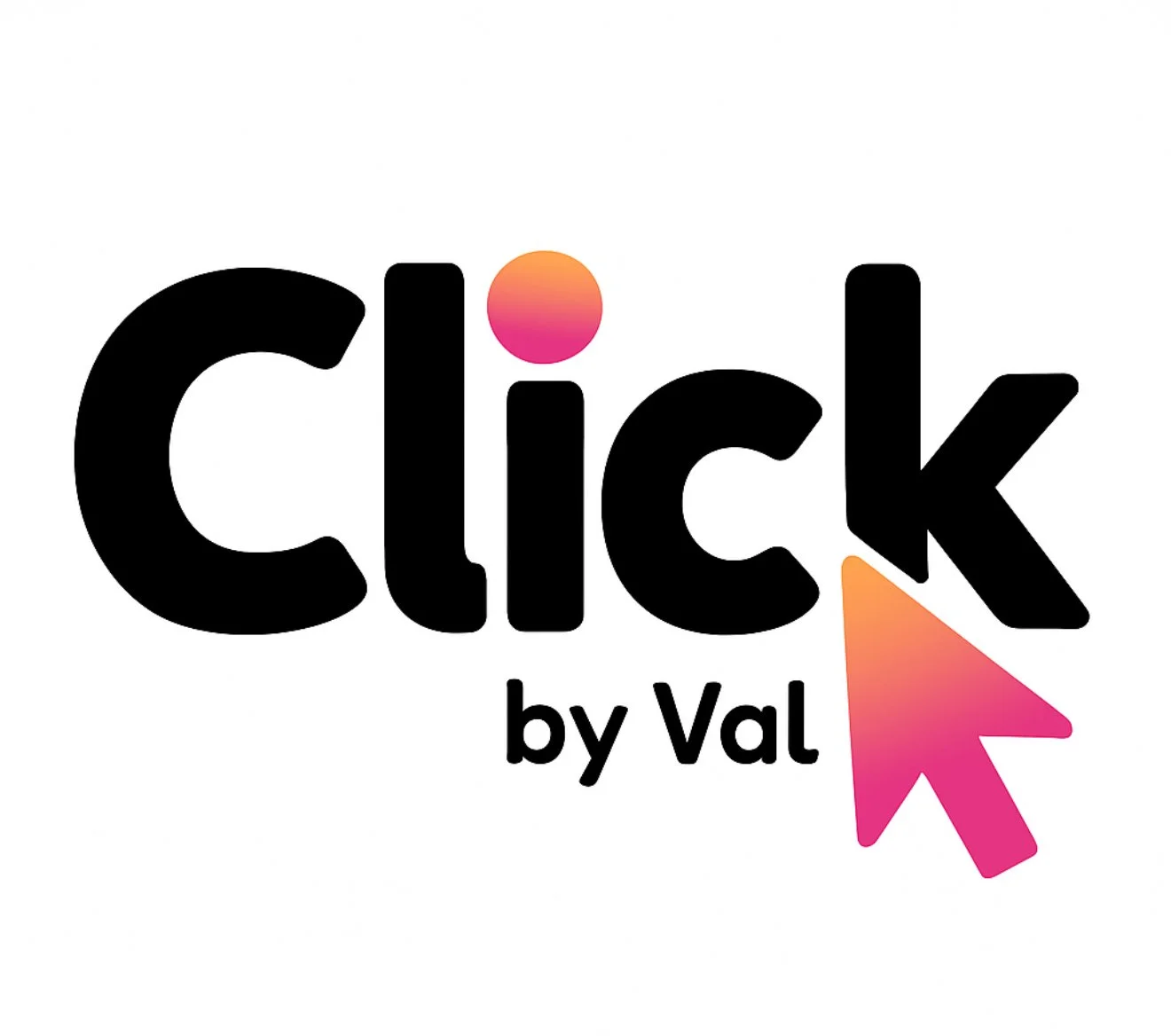Frequently asked questions
Got questions? I’ve got answers.
-
I partner with small to medium-sized businesses across a range of industries.
-
At ClickByVal LLC, I work with:
Professional Services (law firms, consultants)
Healthcare Providers (dentists, clinics, wellness practices)
E-commerce Stores (health, fitness, consumer products, and more)
Local Businesses in Dallas & beyond
-
I manage Google Ads, Microsoft Ads, Meta (Facebook/Instagram), Linkedin, and TikTok Ads.
You can choose one or multiple platforms depending on your target audience.
-
I combine Marketing degree, agency experience, in-house knowledge, and certifications with flexible pricing designed for small and medium businesses.
-
Services include strategy, keyword research, ad copywriting, campaign setup, and ongoing adjustments.
-
It depends on your audience and goals. Meta (Facebook & Instagram) is often a good fit for local businesses, e-commerce, and B2C services because it’s affordable and visual. LinkedIn tends to work better for B2B or professional services, while TikTok is well-suited for younger audiences. I provide guidance to help you select the platform that aligns with your audience and objectives.
-
You need SEO (Search Engine Optimization) if you want your business to appear in Google searches without relying only on paid ads.
-
Absolutely! I’ll guide you through everything and build a campaign from scratch.
-
These platforms often allow you to launch ads first and request business verification later. The challenge is that if your website or business details don’t meet policy requirements, your ads may be disapproved, paused, or your account restricted until the issues are resolved.
-
No — my service fee covers management only. Your ad spend is paid directly to Google or Microsoft.
-
You can start with as little as $300/month, especially as a local business. To begin collecting data, test different approaches, and evaluate performance.
-
Once your payment is received, I’ll reach out within 1 business day to confirm your details and gather any final information needed. PPC campaigns are typically set up and ready to launch within 3–5 business days, depending on project complexity. Before anything goes live, you’ll receive a confirmation, a campaign preview, and tracking setup details.
-
Initial clicks and impressions often appear within the first few days. However, it typically takes 2–3 months for Google’s and Meta’s algorithms to gather enough data.
-
The right platform depends on your target audience, budget, and campaign objectives — and in some cases, using both together can provide broader coverage.
Do you have any other questions?
Contact me by email, phone, or the form below.
Your information is secure and used only to respond to your inquiry.
